
Around the Bloc: Poison Letters Put Czech Police on Alert, Russian Loan for French Nationalists
Plus, Georgia and her allies decry Russia-Abkhazia pact; Estonia opens its e-government platform to the world.
More...We kindly inform you that, as long as the subject affiliation of our 300.000+ articles is in progress, you might get unsufficient or no results on your third level or second level search. In this case, please broaden your search criteria.

Plus, Georgia and her allies decry Russia-Abkhazia pact; Estonia opens its e-government platform to the world.
More...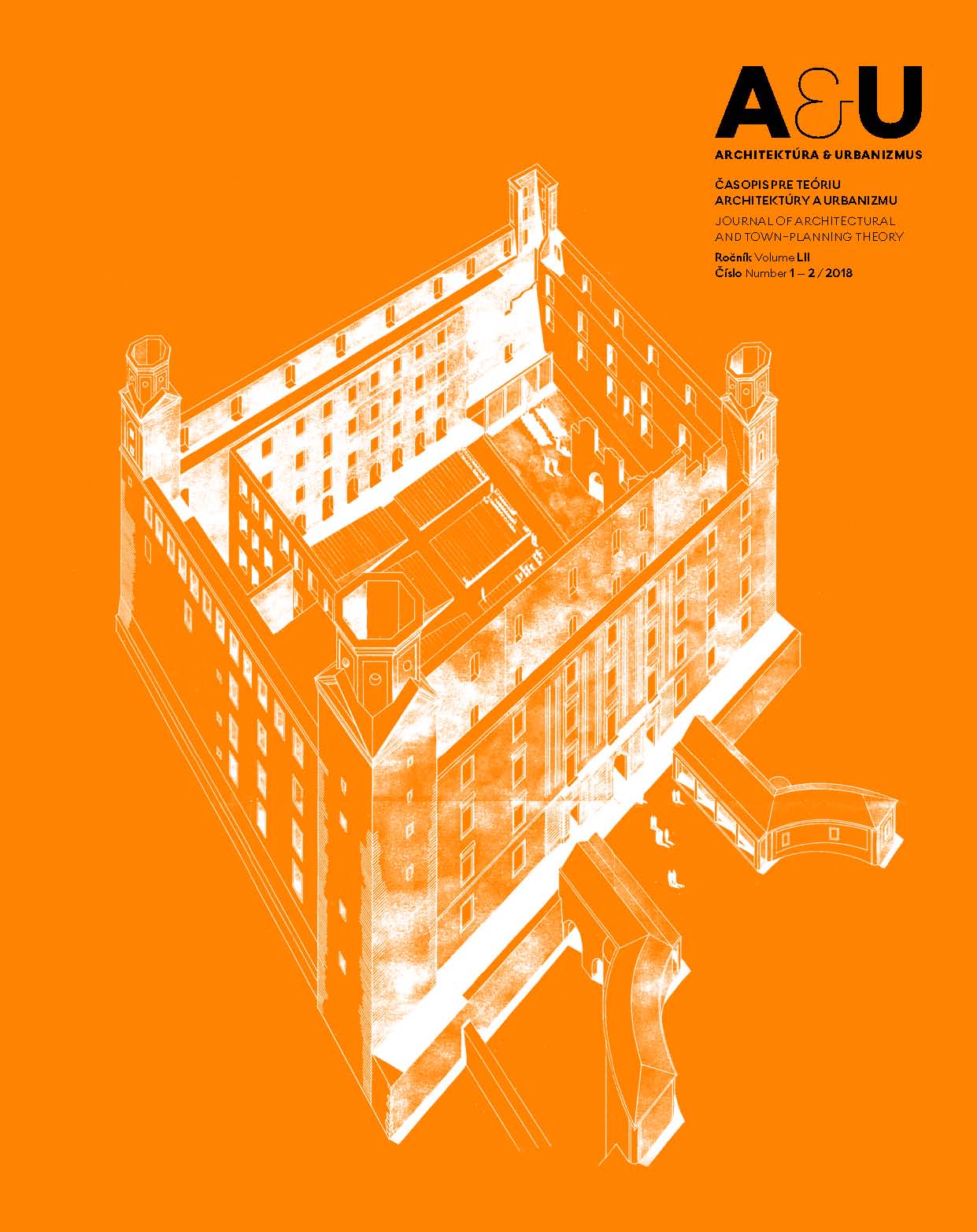
Clearance, as the “cleansing” of a building site from existing unwanted construction, ranks among the characteristic tools in the process of modern urban reconstruction, as well as one of the most visible and radical areas in which the law materialises in the area of architecture and urban planning. In the present study, we focus on investigating the development of urban-clearance law and its reflection in the practice of planning and deciding about construction from the standpoint of building modern capital cities, using as the example the creation of clearance laws in Bratislava and the concrete locality of today’s Námestie slobody, which formed the focal point for reflections on the city as the centre of government and administration for Slovakia.
More...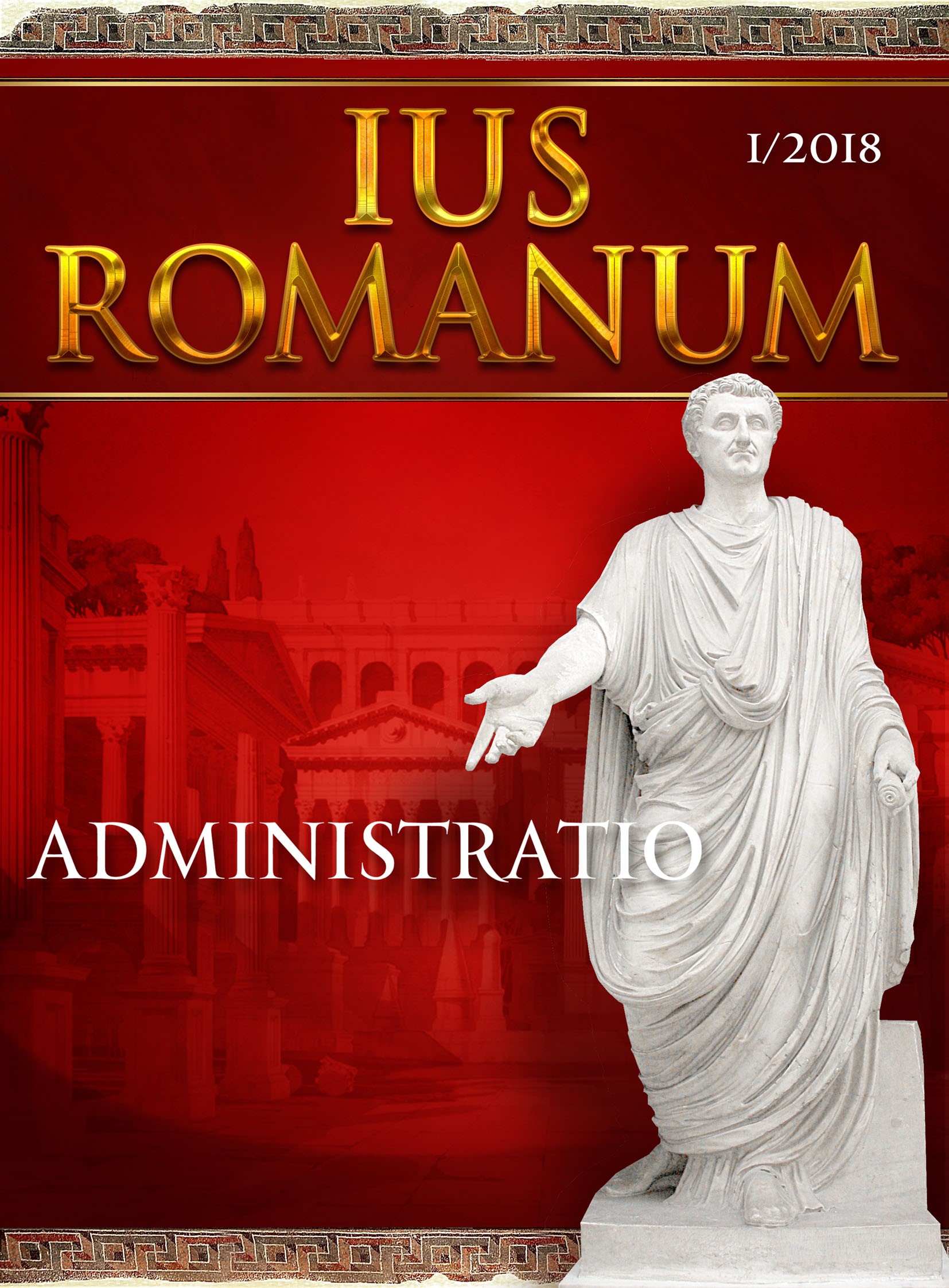
The object of this study is to identify similarities and differences between State Treasury in Ancient Rome – aerarium or fiscus, their administration and the employees. Special attention is paid to the fiscal justice and the role of the advocati fisci, as well as to the protection of the private interests in fiscal trials.
More...
This note makes some remarks on a recent volume, edited by eminent scholars in ancient history and epigraphy, that provides a new edition of the inscription that carries the regulations for the customs dues of the Roman province of Asia: together with a translation into English and a rendering of the text back into Latin, the reader will find in the book an excellent line-by-line commentary assigned to six scholars, and five essays brought out from the text of the customs law itself on themes of importance for the administrative, social and political history of the Roman Empire. The volume will certainly become a fundamental reference tool for the scholars of ancient Rome, and in particular for those interested in the Eastern part of the Empire.
More...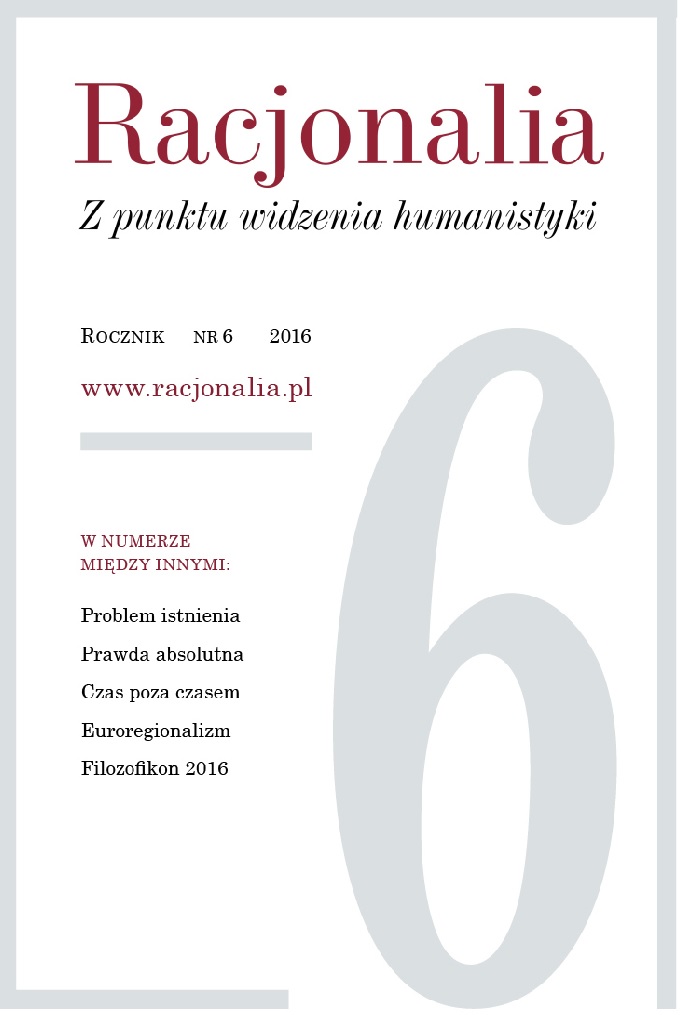
Europe of the Regions is a political doctrine popular especially in Europe up to this day. Its foundations are created by the ideology, which consists of the faith in European integration and stressing the need for representation of interests of every region, called in the paper Euro‑regionalism ideology. The paper presents the ideas of Leopold Kohr, Yann Fouéré and Denis de Rougemont. Moreover the paper consists of analysis of their influence on the doctrine, called Europe of Regions, presented among others, by the European Free Alliance.
More...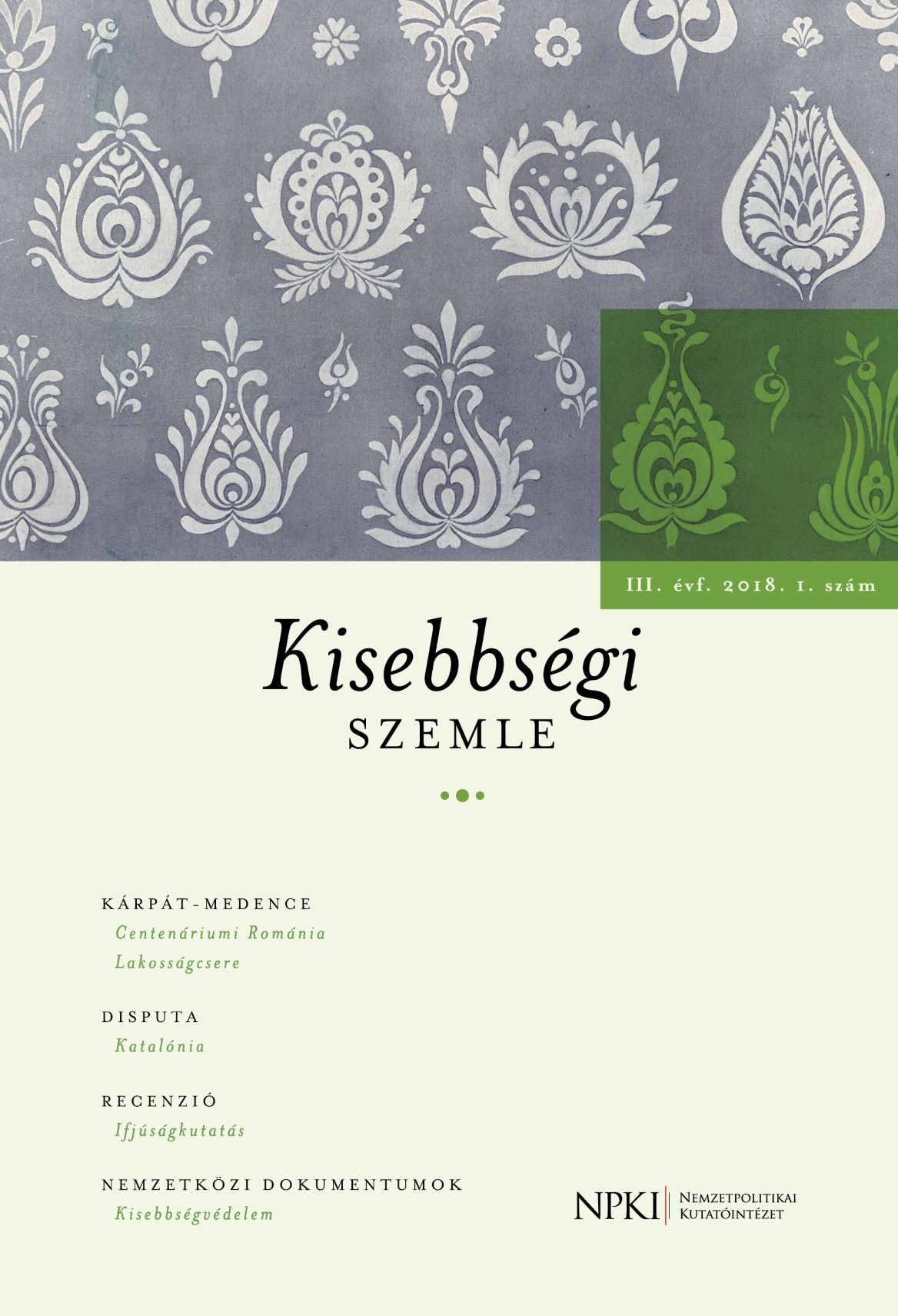
The debate on the protection of autochthonous national minorities has recently been brought back to the agenda in Europe. At the end of 2017, two important reports were adopted within the framework of the Council of Europe on the protection of regional and minority languages, while in February 2018, the European Parliament adopted a resolution on the protection and non-discrimination of autochthonous national minorities in EU Member States. These documents complement each other, and can gain significant role in changing the European approach to the issue of national minority protection.
More...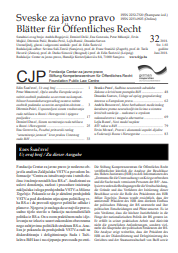
Dialysis treatment is often the only hope for patients with renal insufficiency, which is why it is extremely important that the system of providing this type of health care service is organized in an adequate manner. In the Federation of Bosnia and Herzegovina, dialysis services are performed exclusively within public health institutions, which are faced with a number of problems, some of which are caused by the healthcare system itself, and the other are the effect of the lack of financial resources. In addition, there are significant differences in the scope and manner of achieving certain rights of dialysis patients in the area of social protection, depending on which canton they live in. Possible solutions to some of these problems are the introduction of new models of providing dialysis services and the development of transplantation medicine. However, without the constitutional reform in the Federation of Bosnia and Herzegovina, it will be almost impossible to introduce a model of providing dialysis based on the principles of public-private partnership, and for the further development of transplantation medicine it is necessary for BiH to become a member of Eurotransplant, and one of the conditions for that is the state-level legislative framework.
More...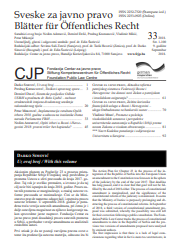
The political process of implementing the decision of the Constitutional Court of BiH in the U-23/14 case pointed to several critical points in the electoral legislation as well as in the constitutional system as a whole. First, it turned out that there are not clear enough rules on the jurisdiction of the state and the entities to regulate the election process of House of Peoples in FBiH. Consequently, there are simultaneous initiatives to change electoral legislation at the state and entity levels, which undoubtedly leads to a conflict of competencies. Secondly, there is a clear inconsistency between the Constitution of the FBiH, the Election Law of BiH and the Constitution of BiH, so it is very uncertain how the envoys of the FBiH House of Peoples can be elected without breaking a constitution or law at the same time. And third, it turns out that domestic political actors are doing homogenization of the electorate, while they simply leave the High Representative to BiH to solve this legal and political problem. In its persistent refusal to execute and enforce the decisions of the highest court instances, Bosnia and Herzegovina has gone from the point of disregarding fundamental human rights to the danger that it will no longer be a functional state. With careful analysis of the decision of the Constitutional Court of BiH in the case of U-23/14 and the whole spectrum of its implications, it comes to the conclusion that this decision can not be properly implemented by merely modifying the Election Law of BiH. Proper implementation would mean changes to the constitutional structure at the level of FBiH and BiH through the harmonization of these acts and electoral legislation, through a clear delineation in the competencies of certain levels of government and the adaptation of constitutional and legal texts presented by the Constitutional Court's understandings and interpretations. Any changes to the constitutional structure in BiH carry the need for a comprehensive revision of the constitutional structure of all levels of government, including the implementation of other verdicts and decisions such as the Sejdić and Finci cases, Zornić, Pilav and the City of Mostar. Decision U-23/14 could therefore be a catalyst for constitutional changes, as constitutional changes are "necessarily evil" for this decision to be implemented and the state to continue to function. However, it is very certain that the problem will be solved by imposing a High Representative's decision that would become a permanent interim solution and where there would be no comprehensive review of the constitutional structure in BiH and the possibility of constitutional changes.
More...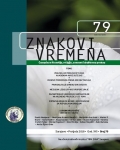
The International Criminal Tribunal for the former Yugoslavia issued the Judgment of the Trial Chamber (first instance judgement) against General Ratko Mladic, a former commander of the Main Staff of the Republika Srpska Army, sentenced to life imprisonment for genocide, crimes against humanity, and violations of the laws and customs of war. In paragraph 5.317, the role of the RS Army and its commander, as well as police structures, territorial defense, regional and municipal authorities and other participants in the joint criminal enterprise, is explained. The forms and modes of execution are explained of crimes committed in the areas of Banja Luka, Bijeljina, Foča, Ilidža, Kalinovik, Ključ, Kotor Varoš, Novi Grad, Pale, Prijedor, Rogatica, Sanski Most, Sokolac and Vlasenica, as well as the precise ways of executing a comprehensive joint criminal undertakings, but also individual joint criminal enterprises related to Srebrenica (genocide), Sarajevo (terrorizing civilians by sniper fire and shelling) and the one concerning the taking of hostages (international peacekeeping personnel - members of UNPROFOR). By the first instance verdict, Mladic was found guilty of 10 out of the 11 counts of the indictment. Of the charges of genocide committed in six Bosnia and Herzegovina municipalities (Foca, Ključ, Kotor-Varos, Prijedor, Sanski Most and Vlasenica), he has been acquitted in 1992.
More...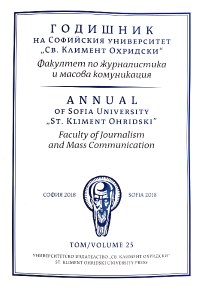
The text shows the legal problems that may occur from poor editing. The emphasis is on the editor's responsibility to prevent the publication from being convicted of defamation. It indicates the cases where the Bulgarian legislation criminalizes the encroachments on the honor, dignity and reputation of the citizens, above all through the legal interpretation of the terms 'insult' and 'defamation'. Examples are given by European legal practice and by the Bulgarian editors. This shows that there are legal limits to the freedom of speech.
More...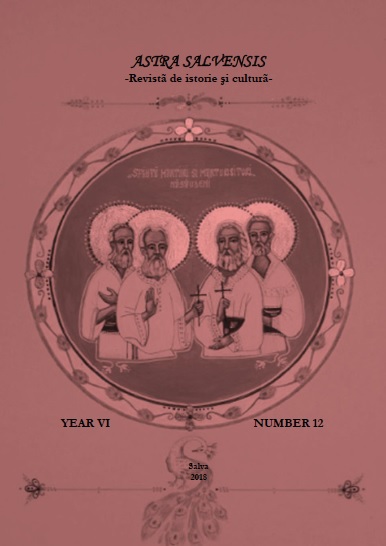
The purpose of the study is to assess the effectiveness of the establishment of specialized units in the system of prosecutors, which exclusively oversee the implementation of anti-corruption laws. Methods of research are represented by a wide range of scientific methods. The methodology is based on the dialectical method, which allows to evaluate the phenomena considered in the static and dynamic aspects. Analytical, system-structural, instrumental methods of cognition were used during the research. A comparative legal method was used to study the legislation of the post-Soviet states. The results of the study include an analysis of the current legislation, regulating the powers of the prosecutor in the process of combating corruption. Based on the experience of a number of foreign countries, the effectiveness of the activities of specialized anti-corruption prosecutors is assessed. Conclusions on the results of the study are formulated in several ways. First, the author’s assessment of the powers of the prosecutor, implemented in the fight against corruption, was given. Secondly, the experience of foreign countries, which have established specialized anti-corruption units in the system of prosecution authorities, is analyzed, and the prospect of its use in Russian legislation is justified. Thirdly, a forecast is given regarding the strengthening of the role of prosecutors in countering corruption.
More...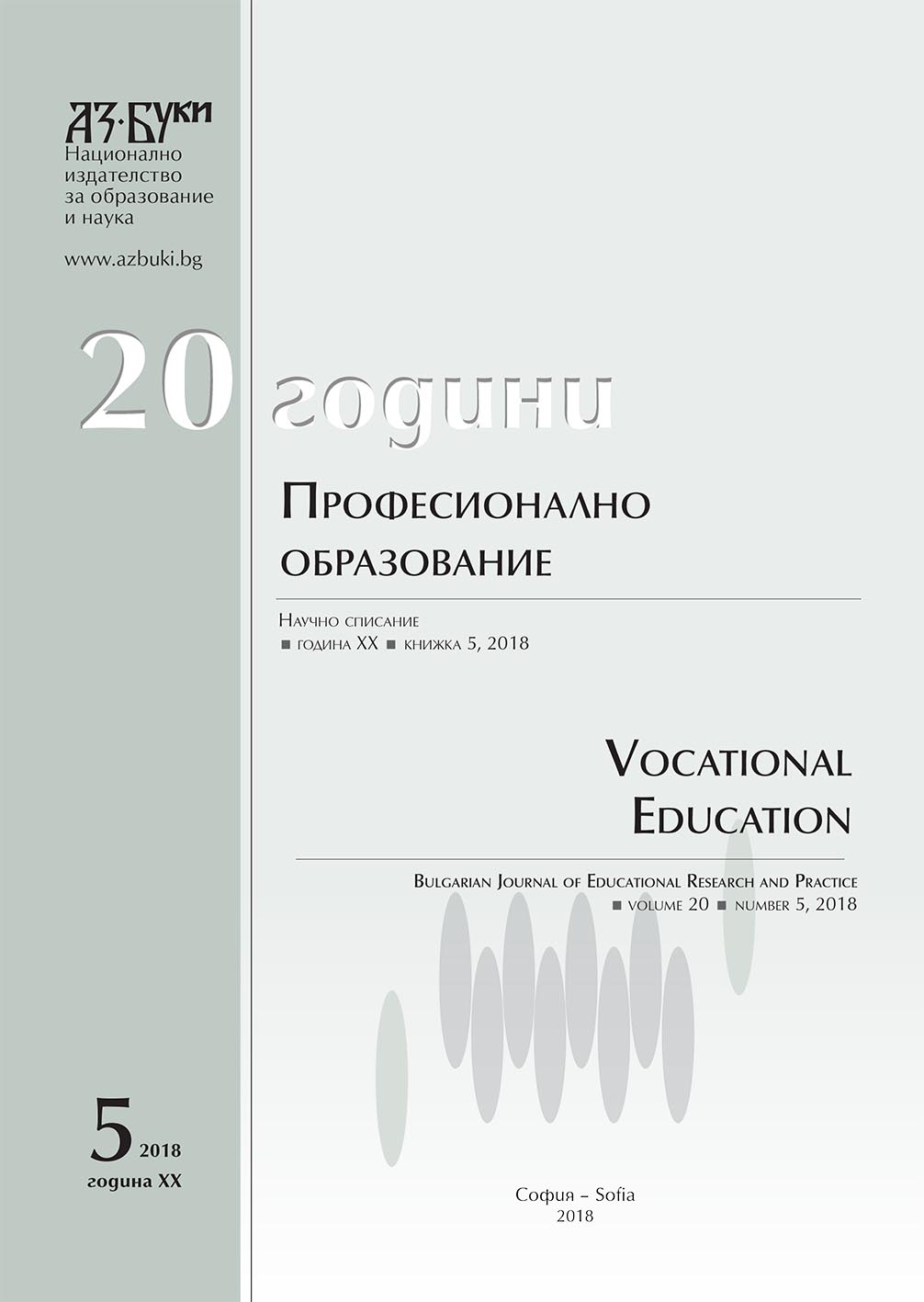
The article discusses the participation of students in an initiative for studying the activities of the judiciary as part of civic education. The course of the initiative has been described, and the benefits of such a type of training are outlined.
More...
In any generation there are only ever a few people who can be said to have made a significant contribution to the diverse fields of academia, legal private practice, public policy, and law making. Professor Norman Palmer Q.C. (Honoris) was one such person. Norman’s career in the law was extremely varied but he was well known, in different circles, for significant contributions to all these areas.
More...
The European Year of Cultural Heritage (EYCH 2018), established by the Decision 2017/864 of the European Parliament and of the Council of 17 May 2017, was officially launched at the EU Culture Forum held on 7-8 December 2017 in Milan (Italy). This initiative of the European Union (EU) aims “to encourage people to explore Europe’s rich and diverse cultural heritage, celebrate, understand and protect its unique value and reflect on the place that cultural heritage occupies in all our lives”.
More...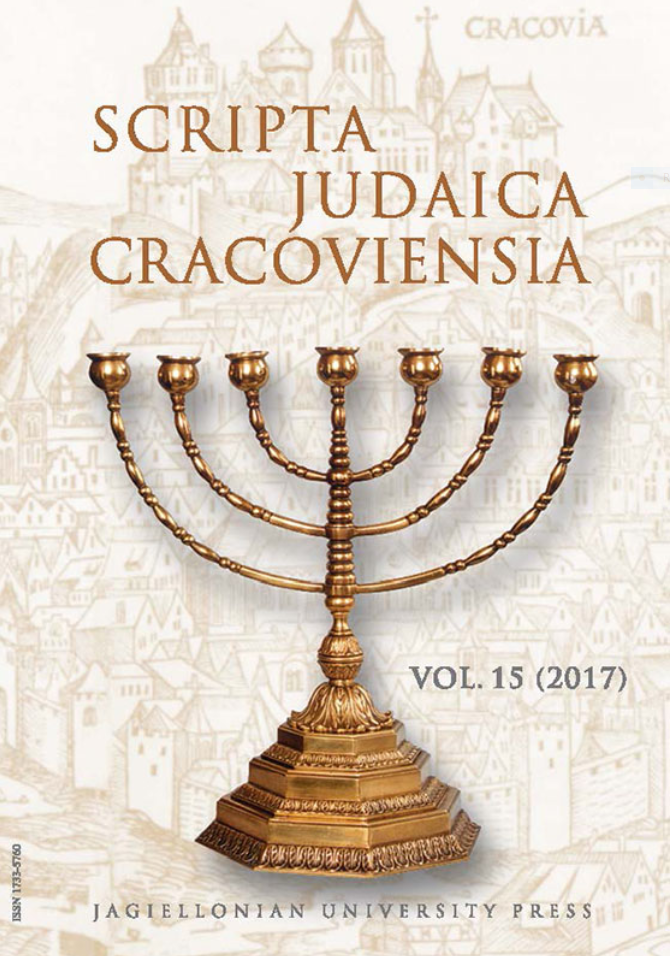
This article presents and analyses legal acts that influenced the situation of Jews in Galicia and shaped the local co-existence of Jewish communities and municipalities. It concentrates on subsidies provided to Jewish charities and welfare institutions by municipal funds. The subsidizing policy of Krakow is compared with that of Lwów.
More...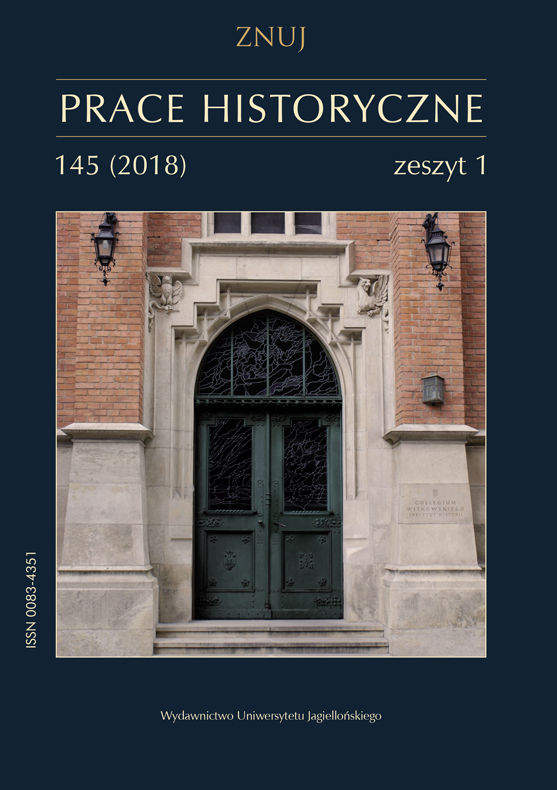
Formally, the records of the land courts (sądy ziemskie), castle courts (sądy grodzkie) and chamberlain courts (sądy podkomorskie) were in the custody of the chancellery and court officials. However, it often happened that it was beyond their capabilities to ensure safety and proper storage conditions for court registers and records, and that is why it was necessary to make the nobility at large interested in improving this situation. The problems connected with storing and protecting the records of these courts were often the subject of debates of the dietines (sejmiki). The paper examines the resolutions on the matter by the dietines of Greater Poland, Cracow, Chełm, the General Dietine of the Ruthenian Voivodeship, and the Land Dietines (sejmiki ziemskie) of Lviv, Przemyśl, Sanok and Halicz. It can be said that the nobility were vividly interested in the protection of court records, which contained legal evidence necessary for the owners of landed estates and real property. They also saw to it that the missing records were restored. The dietines often took care of archives and provided vast sums of money for archive facilities, and sometimes even supported initiatives aimed at buying separate buildings for archival and office purposes. This may show the great documentation culture of the Polish nobility and their high legal consciousness.
More...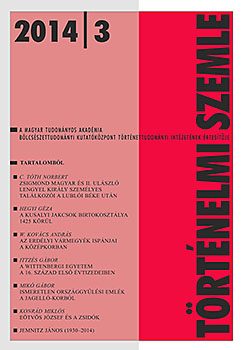
The Jakcs family, which originated from the Szilágyság region, had belonged to the narrow political élite of the Hungarian kingdom between 1382 and 1441. After the middle of the 15th century, however, they definitively dropped from the ranks of the barons. During their presence in the court they had managed to build up a medium-sized landed wealth, which in 1423 consisted of one castle (Hadad [Hodod, Romania]), some 50 to 60 estates in perpetuity, and a further 30–35 by right of pledge. The majority lay around the ancient property of Kusaly (Coșeiu, Romania), in the counties of Közép-Szolnok and Kraszna, and the rest in that of Kraszna. This landed wealth was divided around 1425 between the two principal branches of the family, that is, the descendants of György I (†1415/1416) on the one hand, and those of István I († after 1418) on the other. As we have no comprehensive report about this division, the act itself can only be reconstructed by working backwards from later material after all the surviving charters of the family had been gathered, grouped and filtered. The emerging picture shows that in the case of 28 estates owned in perpetuity and 4 in pledge each settlement was divided by peasant plots, whereas the remaining ones were assigned undivided (and in roughly equal numbers) to one or the other branch. (In the wake of Pál Engel the former type is known as division by plots, while the latter as division by blocks.) The case analysed here nuances the model elaborated by Engel, according to which after 1360 division by plots became exclusively applied at the division of noble estates. It also makes evident the existence of a third type, that of mixed division, which was obviously a combination of the other two. Alongside that of the Jakcs, the division of the Bélteki in 1424 and that of the Dezsőfi of Losonc after 1405 offer examples of the mixed division. Apparently this kind of estate division was only applied in a narrow region (along the river Szamos), and even there perhaps only in the first half of the 15th century. Which among the two elements constituting this type of division was applied depended not on the time when the settlement in question was acquired, nor on the right by which it was held; nor, indeed, can any relationship be observed, at least directly, with the population numbers. On the other hand, a strong correlation exists with the ethnic-legal qualification of any given settlement, which was then strictly taken into account; namely, it appears that in all three cases listed above, the settlements of a dominantly Hungarian character were always divided by plots, while the Romanian and Ruthenian ones were allotted to either of the branches in blocks. The underlying reason may have been that the Hungarian villages were more stable, in average three times more populous than the others, and the Hungarian tenants roughly twice as profitable as the non-Hungarian villagers, and thus a more differentiated approach was needed to make division equitable.
More...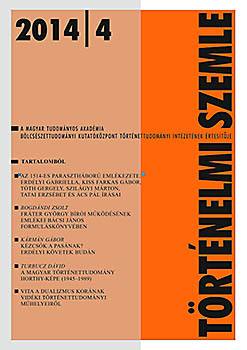
While the political events of the decade which followed the occupation of Buda castle by the Ottomans (1541) are now fairly well known, the details of the practical administration, government and jurisdiction in the areas especially east of the Tisza river are shrouded in the greatest obscurity. For a detailed presentation of the central administration of justice in the period earmarked by the governmental activity of György Fráter the collection of all charters issued by the judicial authorities is indispensable. This, however, could not be undertaken in view of the utmost dispersal of the charter material and the narrow framework of the present study itself. Although some family archives and those of the chapter of Gyulafehérvár have been searched for judicial documents from the period of György Fráter, the majority of conclusions formulated here with regard to the process of jurisdiction are based on the notes contained in the formulary book generally known as that of János Bácsi. The chief importance of the formulary books resides in the fact that their compilators copied those texts they regarded as most typical of the judicial process, generally omitting names and dates alike, but sometimes – as in the stylionarium studied here – at least partly retaining them. The formulary book of János Bácsi was described by Anna Pécsi (1938), but she failed to notice the records made in the name of György Fráter, and also the fact that several among the texts are of non-Transylvanian provenance. The present study and the majority of conclusions formulated therein about the workings of the judicial procedure are mostly based on the notes made in the name of the Friar on the first eighteen pages of this thick volume. One of these conclusions is that the judicial forum of the personal presence of the bishop of Várad, lieutenant and then chief justice, held for the counties east of the Tisza river, gathered on well defined terms at Várad. About the personnel of this tribunal we know little: its assessors may have been those members of the chapter of Várad trained in law; among the prothonotaries only György Pósa is mentioned by the name. Alongside the counties east of the Tisza, the Friar’s judicial authority extended over the former voevodate of Transylvania, the legal system of which, however, differed from the one operating in the Hungarian counties. Here he shared judicial authority partly with the queen’s court, and partly with his two deputy lieutenants and judicial vicegerents, László Mikola and János Kemény. In t he appendix of the study, we have published only those abstracts of the notes made in the name of György Fráter which provide relevant information about the administration of justice.
More...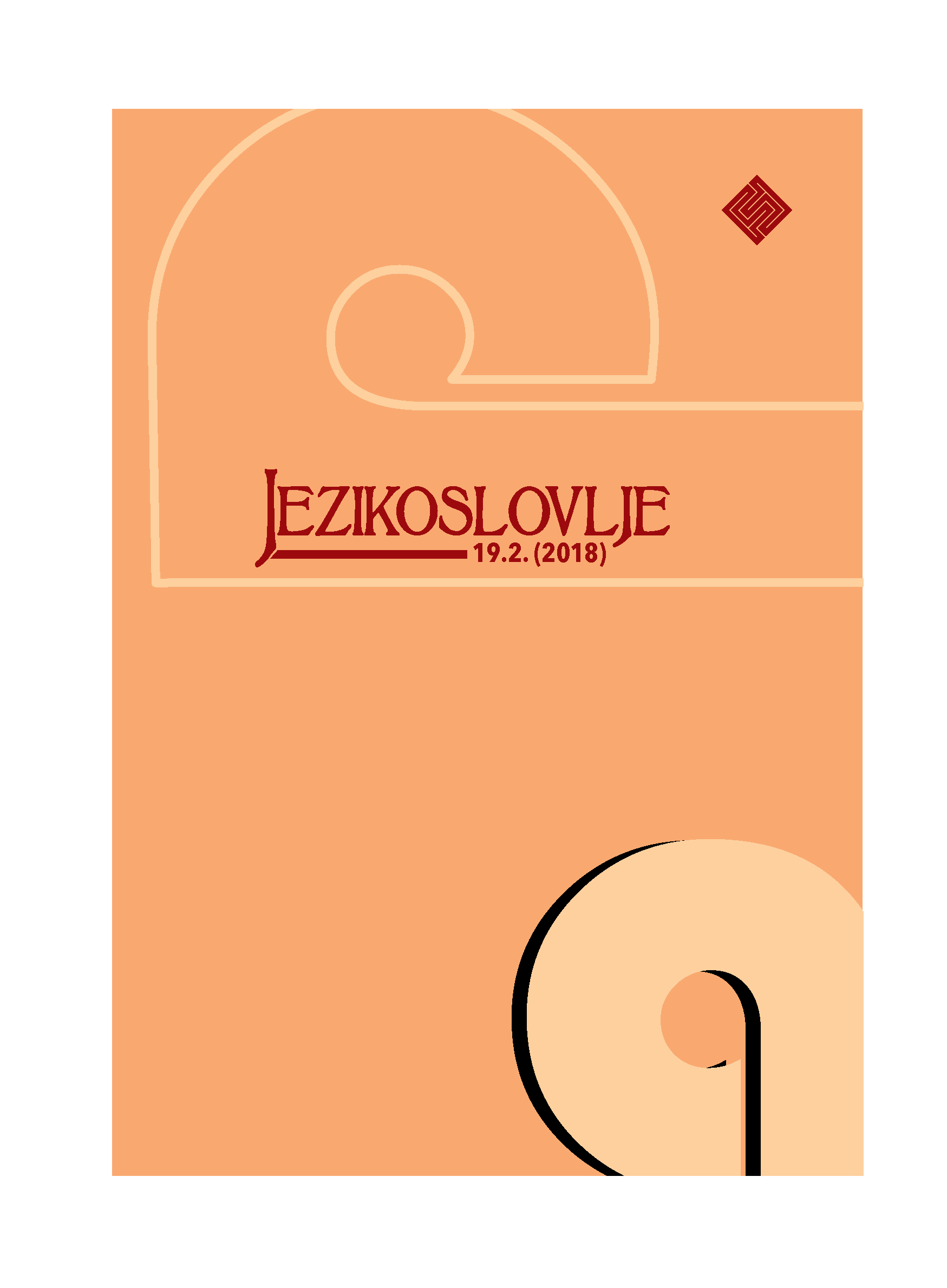
Review of: Štefčík, Jozef. 2018. Einblicke in das Gerichtsdolmetschen in der Slowakei und seine methodisch-didaktischen Ansätze. Hamburg: Dr. Kovač Verlag. S. 144. ISBN 978-3-339-10066-5
More...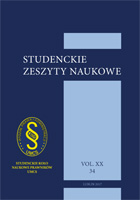
In the article, the author focused on an overview of judicature of Polish administrative courts in terms of their reference to the International Covenant on Civil and Political Rights and the International Covenant on Economic, Social and Cultural Rights. Their role in Polish legal order and their meaning in the process of applying the law by the courts were analyzed.
More...